Shows
What’s Up in Seoul: April–May 2020
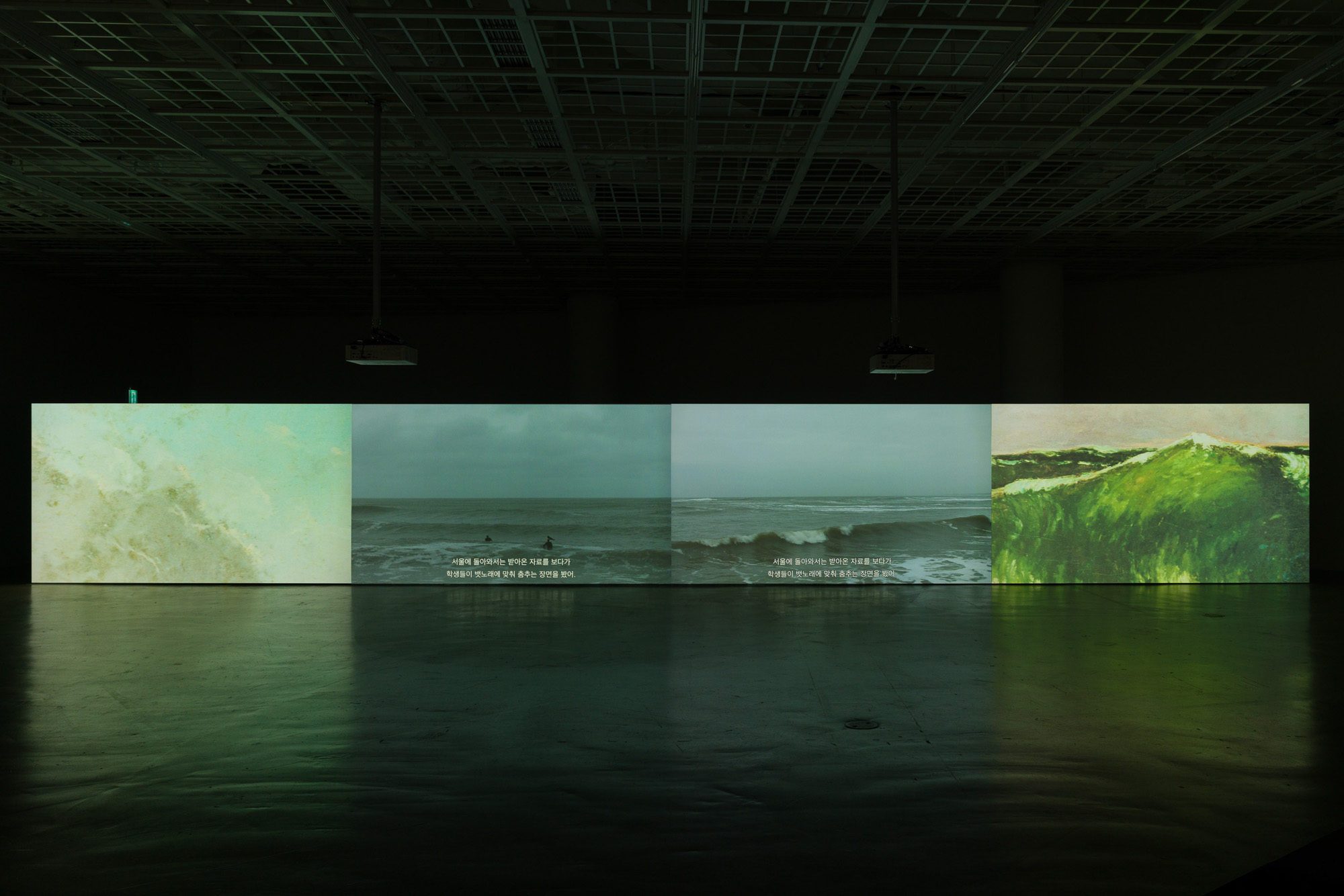
It’s the spring season on the Han River, and Seoul residents are heading out to cafés and parks in droves after months of staying at home. While public institutions have yet to officially reopen to the public—although the National Museum of Modern and Contemporary Art (MMCA) has newly installed displays just waiting to be seen—many commercial galleries and private art spaces are open. Here are some exhibitions to check out in the coming weeks.

Hwayeon Nam: “Mind Stream”
Art Sonje Center
Mar 24–May 10
Hwayeon Nam, one of South Korea’s foremost multimedia artists and the one fo three of the country’s representative at the 2019 Venice Biennale, debuts the latest chapter of her research-based project on modern dancer Seung-hee Choi (1911–69) at her solo exhibition “Mind Stream.” The titular installation of flickering lights represents an abstract choreography that anchors the exhibition’s wider investigation into Choi’s biography and Korea’s changing identity from Japanese colonial rule to the present. Also on display is the four-channel video installation Larger than Life (2019–20) and a new series of clay figure studies.
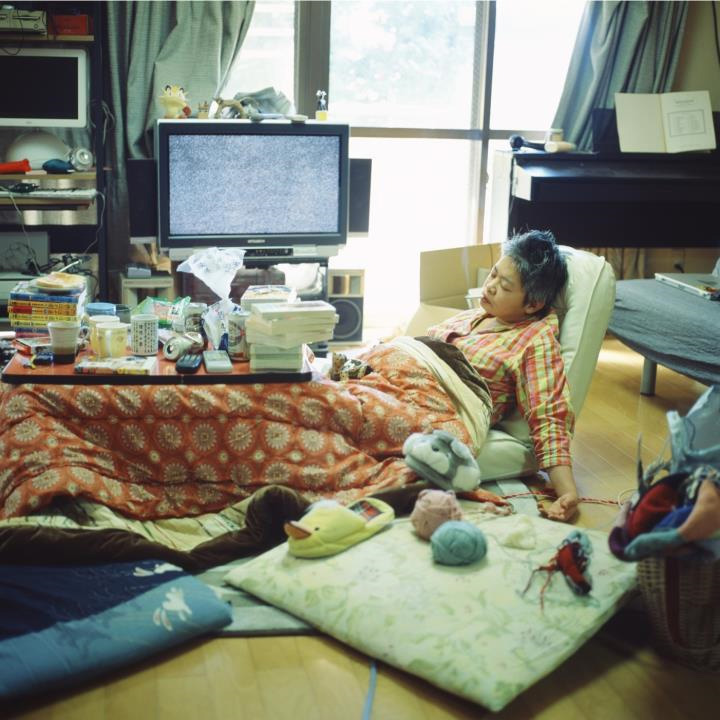
Park Youngsook: “Tears of a Shadow”
Arario Gallery
Mar 26–Jun 6
Park Youngsook, who is best known for photographic portraits that emphasize the exclusion and objectification of women in Korean society, presents her first landscape series at the solo show “Tears of a Shadow.” Set in Jeju Island’s Gotjawal forest, Park’s new series of staged compositions are notable for the absence of people, instead depicting objects that intrude into the unkempt landscape. Items such as an old wedding dress and a suitcase mark the photographer’s entry into protected land, prompting viewers to consider both the objects’ gendered symbolism as well as broader notions of disappearance, prohibition, and nature-society relations.
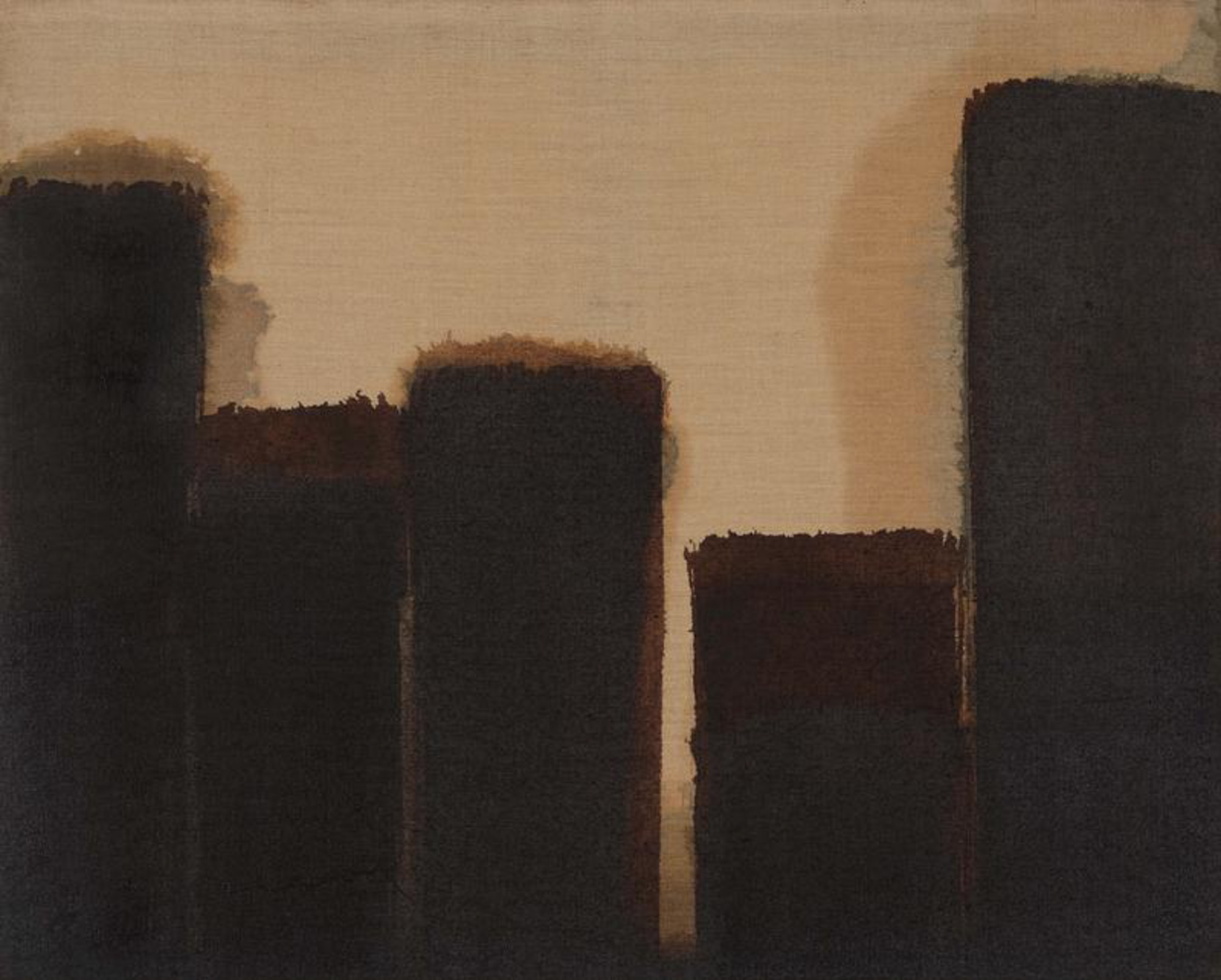
Yun Hyong-keun: “1989–1999”
PKM
Apr 23–Jun 20
PKM reopens its gallery with a show of 20 paintings by dansaekhwa pioneer Yun Hyong-keun (1928–2007). The artist’s first exhibition in Korea since his major 2018 retrospective at the National Museum of Modern and Contemporary Art, Seoul, which traveled to Venice’s Palazzo Fortuny in 2019, PKM’s presentation brings together Yun’s iconic linen canvases and works on paper produced between 1989 and ’99, which revolve around and are named after a palette of burnt umber and ultramarine. Compositions from this well-known body of work feature dark-hued, blocky forms—created by layering the brown and blue pigments—against an unprimed linen ground in a metaphorical union of the sky and the earth.
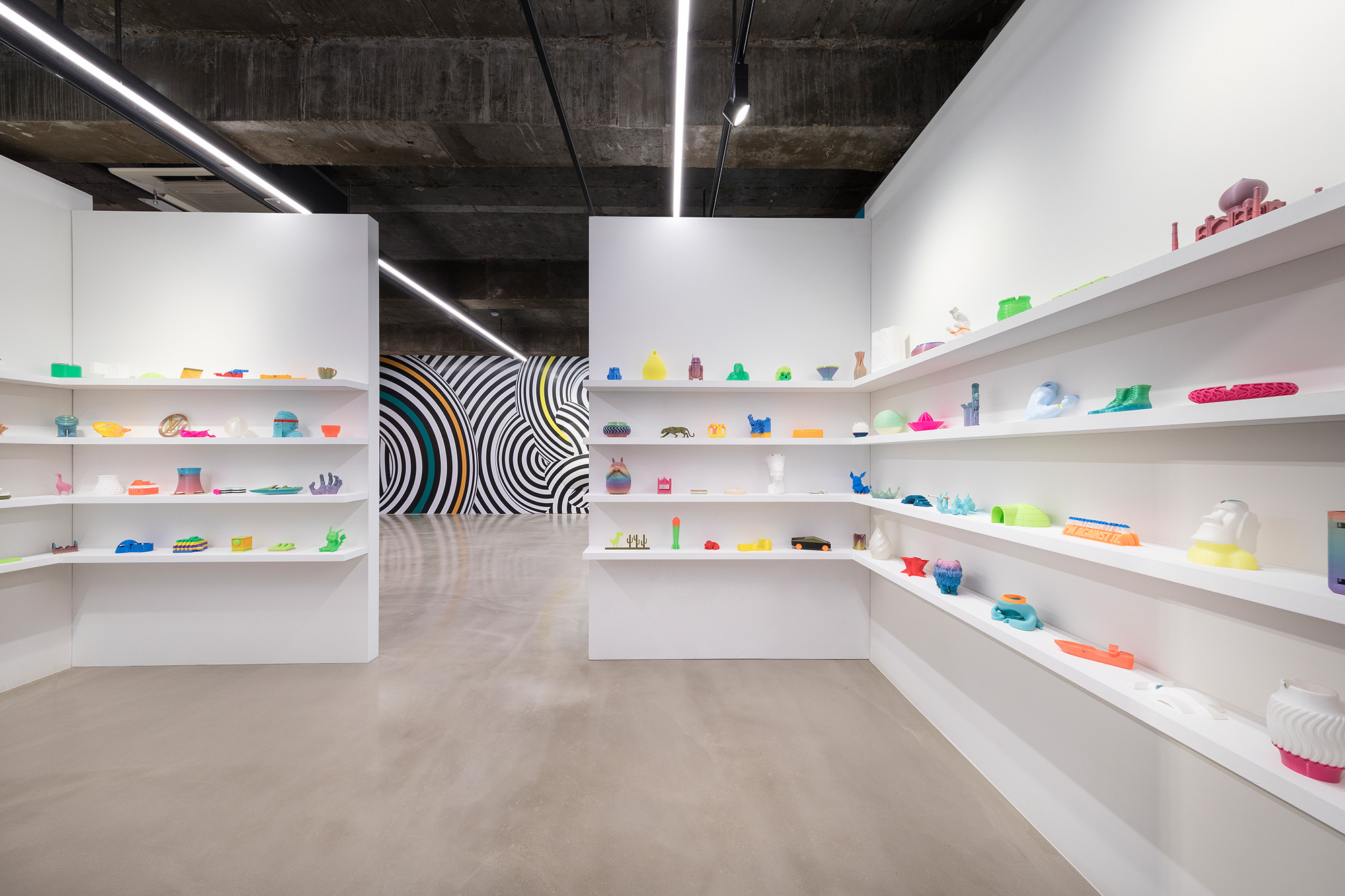
Tobias Rehberger: “Truths that would be maddening without love”
Gallery Baton
Mar 18–May 13
German multidisciplinary artist Tobias Rehberger brings his famed, Instagrammable architectural installations to Gallery Baton. Here, the walls are covered with dizzying patterns along with colorful neon and painted signs that muse on truth and love, while The universe as 122 ashtrays (2020), a display of 3D printed objects Rehberger had designed by combining randomly selected images on the internet, raises questions on the form and function of abstracted objects.
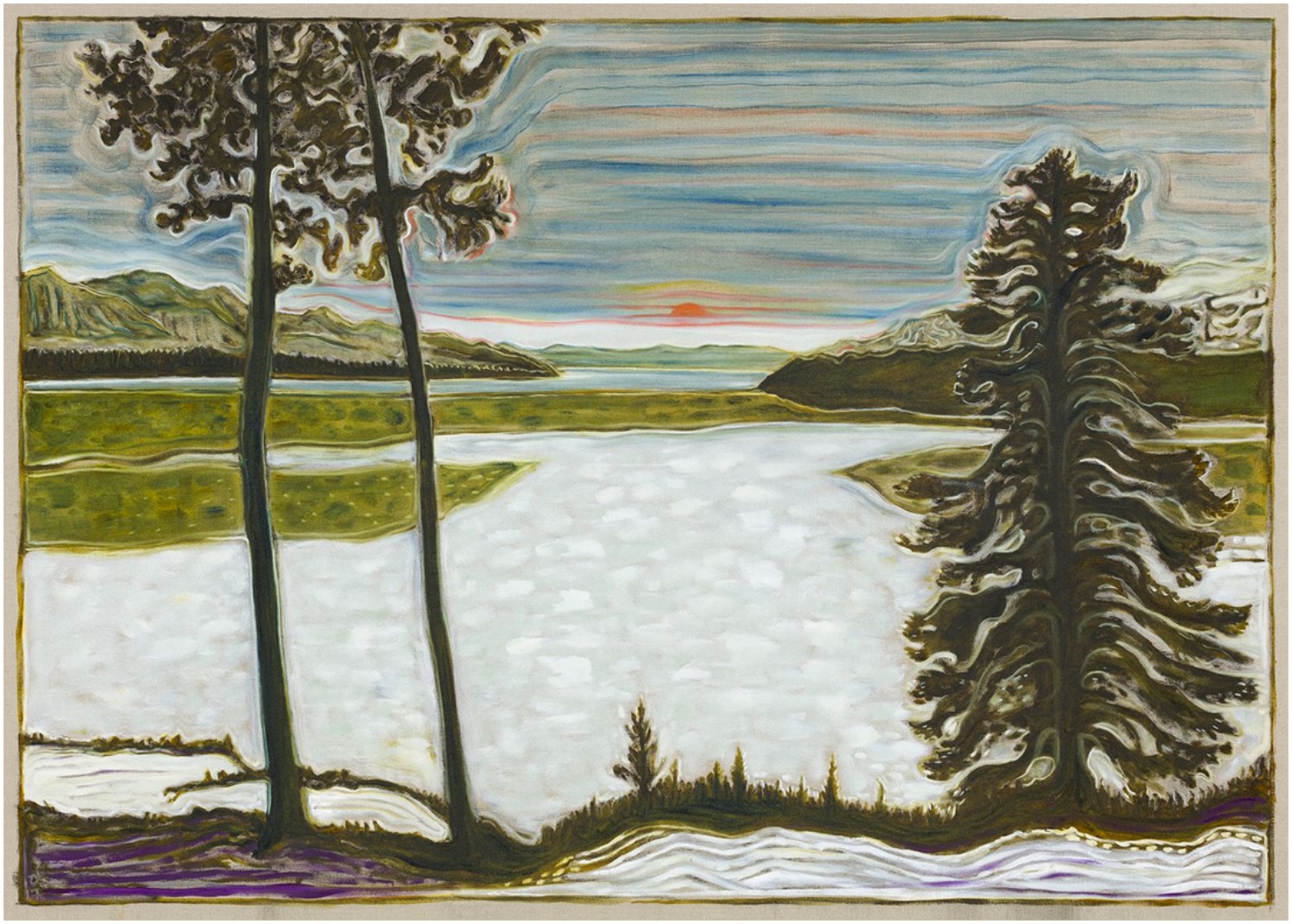
Billy Childish: “wolves, sunsets and the self”
Lehmann Maupin
Apr 23 – Jun 27
A self-proclaimed “radical traditionalist,” British rock musician and poet Billy Childish is also a prolific painter. Working intuitively using charcoal and oil paint, Childish transforms landscapes and floral still lifes into eerie, dreamlike scenes reminiscent of northern European expressionists like Edvard Munch and Peter Doig. In the paintings at Lehmann Maupin, Childish depicts the harsh beauty of the winter landscape and the mysterious, almost mythical figure of the wolf.
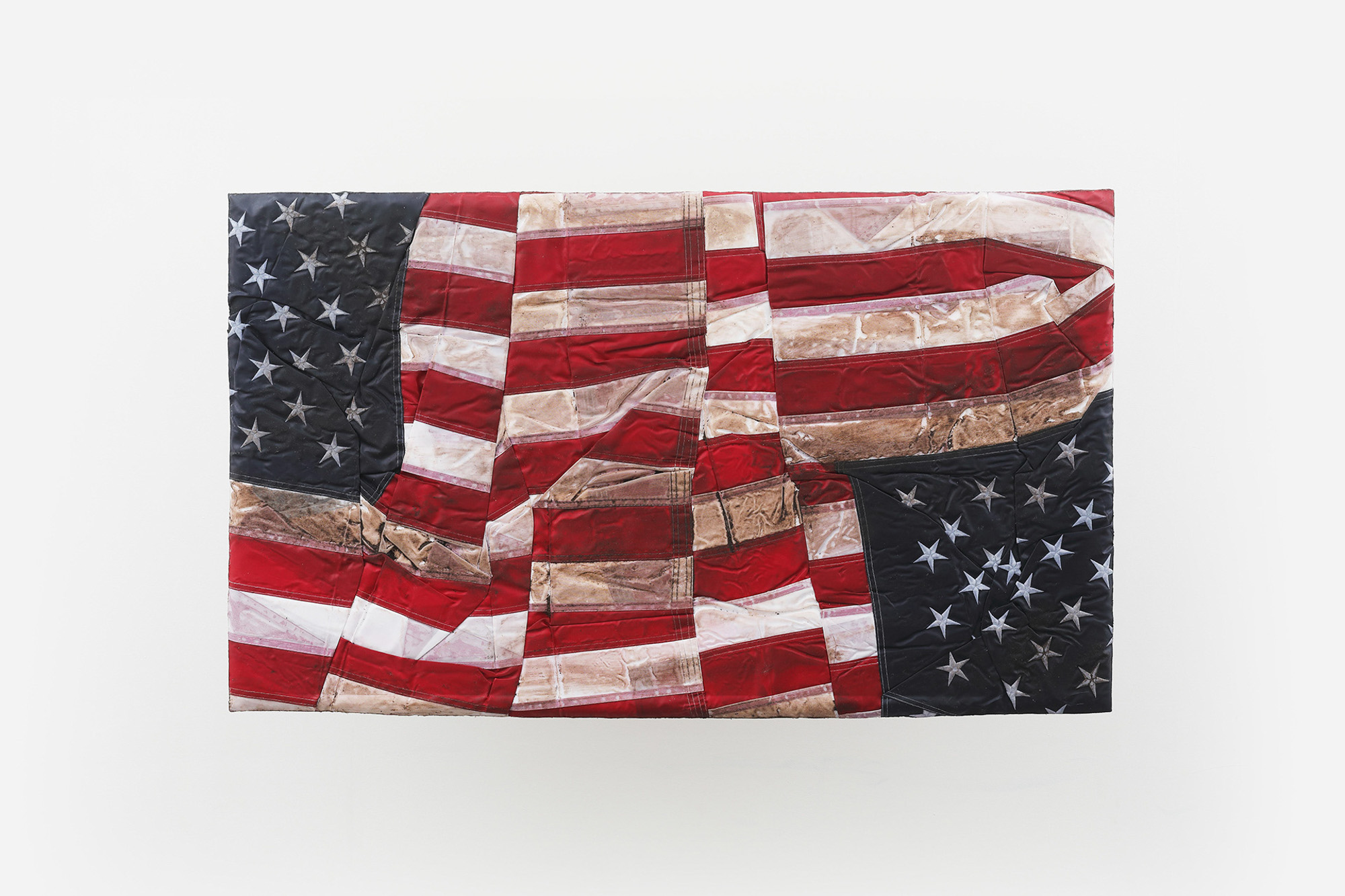
Josh Kline: “Alternative Facts”
Various Small Fires
Apr 11–May 23
Older rightwing South Korean protesters often wave the American flag to demonstrate their support for the United States-South Korea military alliance, which dates to the Cold War. Josh Kline visualizes a meeting of American and Korean cultures that upends the narrative of American political primacy with his sculpture series Reality Television (2020), shown at the artist’s solo exhibition at Various Small Fires. Kline molds nylon American flags with epoxy and compresses them into wall-mounted frames cast from Samsung and LG televisions—Korean products now ubiquitous in the US and other parts of the world. Through this body of work, Kline considers America’s changing global economic position as domestic manufacturing moves abroad, as well as the role of televised media in disseminating political misinformation within the US.
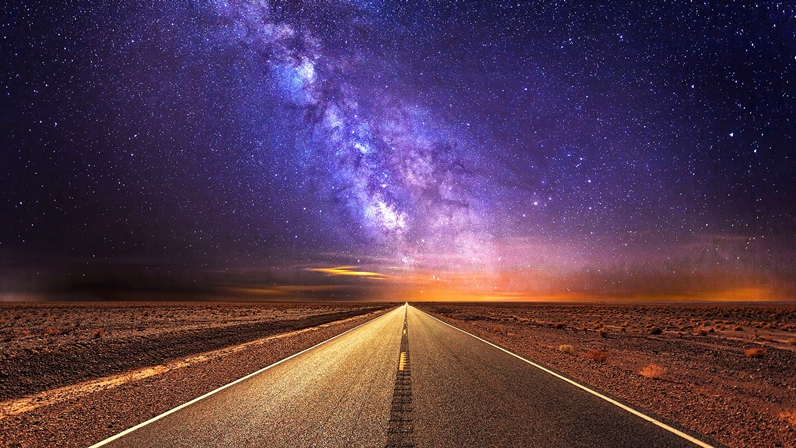
Yun Choi: “Where the Heart Goes”
Doosan Art Center
May 6 – May 30
"Where the Heart Goes" follows Yun Choi's interest in the power of cliche or banal imagery, specifically that found in public offices, subways, libraries, or even online. The show features the multichannel video installation NoticeRevelationLaunchClock (2020), an infinite projection of familiar imagery, the sound work Horror Eros Vulgar Spell (2020), as well as small sculptures based on Choi's works that collectively reflect on Korean society.
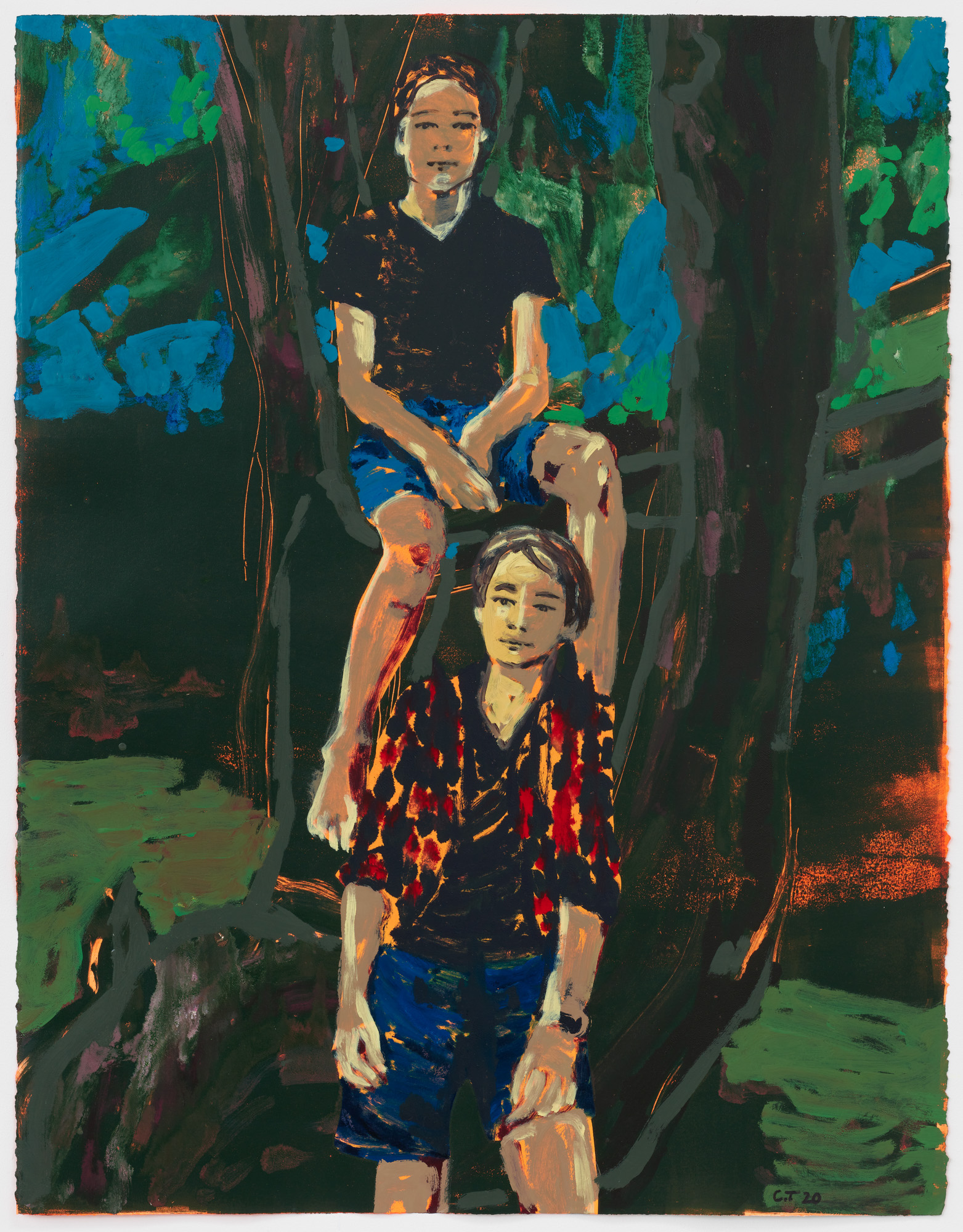
Claire Tabouret: “Siblings”
Galerie Perrotin
May 7–Jul 10
Claire Tabouret’s new paintings, all based on found images, focus on familial relationships. Among the exhibits are a portrait of the artist’s brother based on a childhood photograph, as well as a large-scale painting of four anonymous children standing in front of a house, inspired by a Victorian-era image found in a thrift shop.
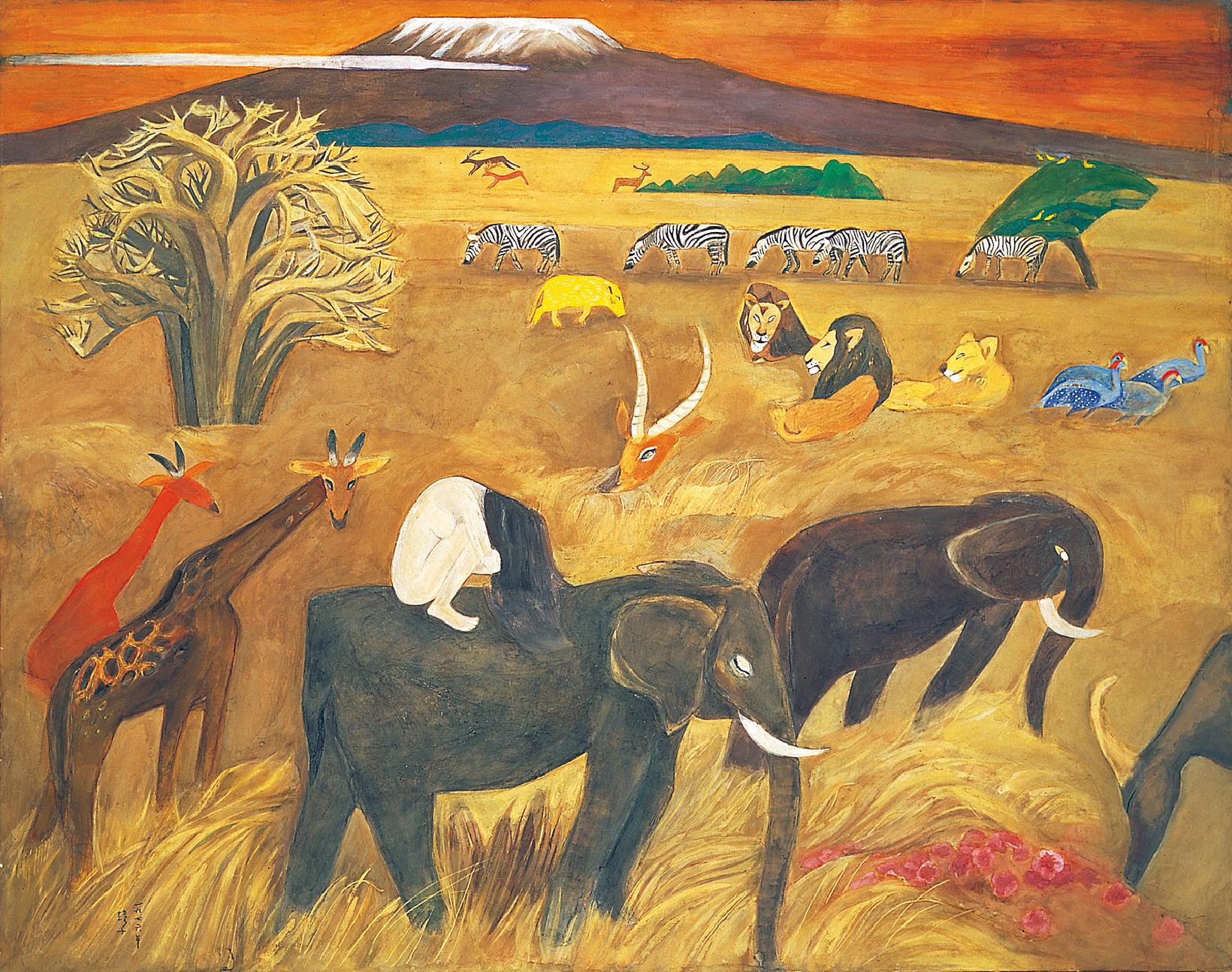
“Hyundai 50, Part 1”
Gallery Hyundai
May 12 – May 30
Marking the 50th anniversary of Gallery Hyundai is a special, two-part show featuring many of the works that the gallery originally displayed in its past exhibitions. The first part features 41 modern and contemporary artists whose works were shown at Gallery Hyundai from the 1970s through 1990s including Kim Whanki, Lee Ufan, Park Seo-bo, Nam June Paik, and Chun Kyungja. The broad range of styles and materials used by the artists showcases Gallery Hyundai's history of exhibiting artists working both European and Asian traditions and the unique fusion forged by postwar artists in Korea.
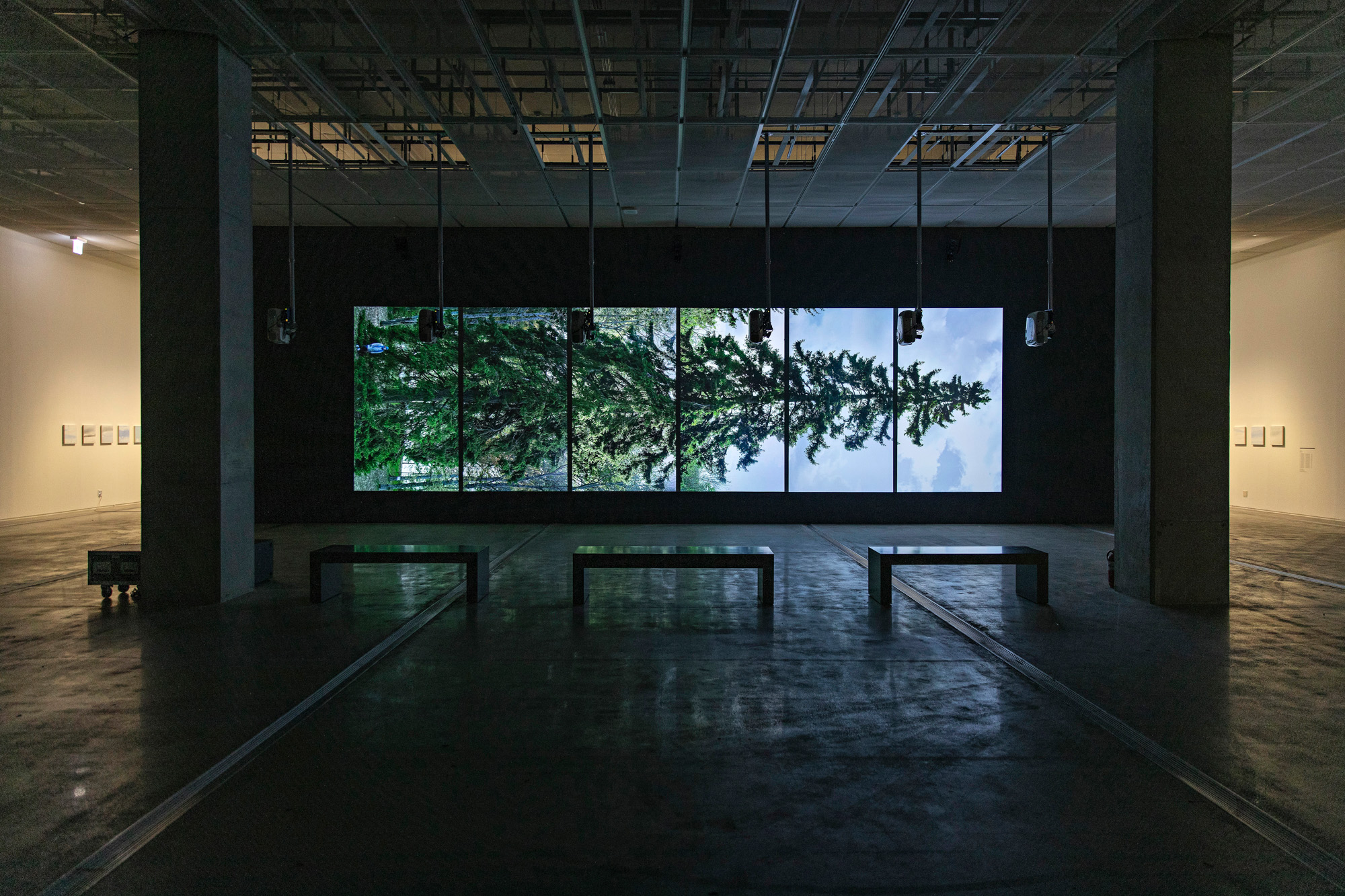
“Axis of Horizon” and “MMCA Permanent Collection 2020+”
National Museum of Modern and Contemporary Art (MMCA)
May 6–17, May 6–April 25, 2021
“Axis of Horizon” is a display of the MMCA’s latest acquisitions by 17 international artists. Highlights include Eija-Liisa Ahtila’s video installation Horizontal-Vaakasuora (2011), and Hong Kong-based MAP Office’s installation of discarded fishing nets, Ghost Island (2019). Also on view at the Seoul museum is “MMCA Permanent Collection 2020+,” a four-part presentation of holdings by 20th century Korean artists, from early modernists to key figures in postwar movements such as Art Informal and Minjung art. The lineup includes such luminaries as the avant-garde painter and sculptor Lee Ufan, the so-called father of video art Nam June Paik, and renowned contemporary sculptor and installation artist Lee Bul.







